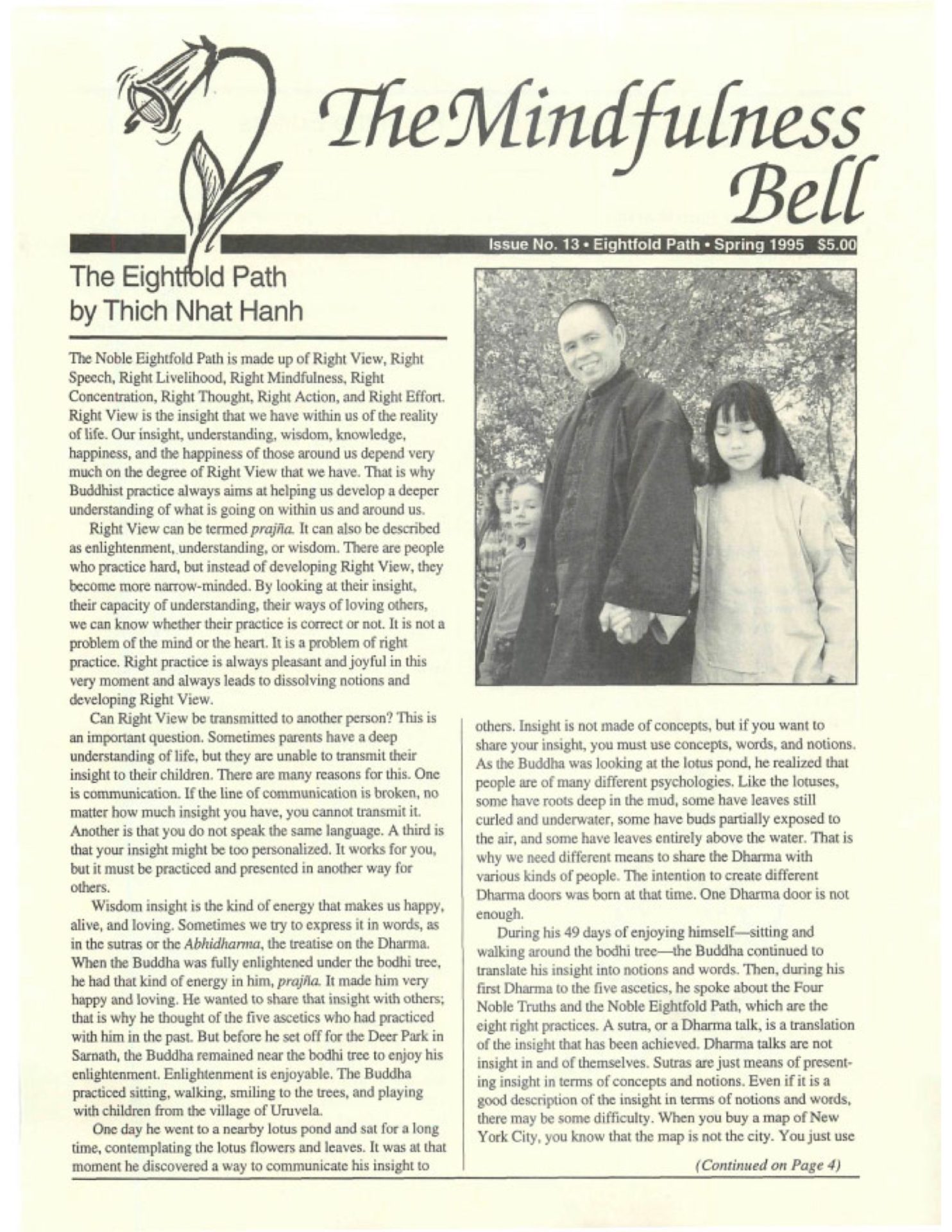By Therese Fitzgerald
During the recent days of writing in community with veterans, Maxine has invited us to contemplate the place that laws, commandments—precepts—play in our lives. She said there are only a few literary plots that are bases for organizing our ethical problems in stories. “No one can keep any precept perfectly. And that struggle—moral conflict—gives us drama. I sat on the Sproul Hall steps again at the 30th anniversary rally of the Free Speech Movement and thought about how I was going to keep the first precept, reverence for life,
By Therese Fitzgerald
During the recent days of writing in community with veterans, Maxine has invited us to contemplate the place that laws, commandments—precepts—play in our lives. She said there are only a few literary plots that are bases for organizing our ethical problems in stories. "No one can keep any precept perfectly. And that struggle—moral conflict—gives us drama. I sat on the Sproul Hall steps again at the 30th anniversary rally of the Free Speech Movement and thought about how I was going to keep the first precept, reverence for life, while teaching at Cal, the university that is responsible for the development of 90% of the new atomic weapons. We never run out of plots for stories, if we are aware of our struggles trying to live ethically."
She illustrated a struggle to keep the second precept with the plot of Les Miserables as an investigation of priorities. "By not stealing bread from the baker, the father would have been stealing bread from his own children. When do I keep these precepts (or don't) absolutely? In response to Proposition 187, many people worried that illegal immigrants were stealing jobs, food, and air from us (scarcity mentality). Nobody much looked at it as an opportunity to accept responsibility for people in real need. The drama of this precept is, if you take a place, you're taking it from others. The third precept provides the drama of our love stories. It can also lead us into an examination of the ethics of pornography. The fourth precept is the basis of our writing workshops—deep listening and telling the loving truth. The fifth precept reminds us that we can choose to take in what's good for us. This is our communion. We need to be responsible to take in the best air, for example."
As a writing assignment, Maxine asked us to choose one precept and write a story about practicing or breaking this precept. Bob wrote how force and violence continue from father to son. Roman wrote how being an altar boy and being in the army seemed congruous. "I entered the army observing the first commandment, only I thought I'd be sending people to God. The enemy was bad, inhuman. It was either to kill or to be killed. I viewed the carnage not of human beings—even though their blood was red like mine, and their brains oozed out like mine—but not human, only something staged by the enemy to confuse us."
Maxine observed that awareness of the precepts seemed to make everyone's stories better by bringing an openness and honesty that had not been as evident in earlier efforts. The group as a whole has developed deep respect for one another and a trust in the group itself. Writing within the framework of the precepts has brought a new dimension to our writing. We have moved from emotional writing to writing with insight based on careful observation that gives the powerful personal stories universal appeal.

